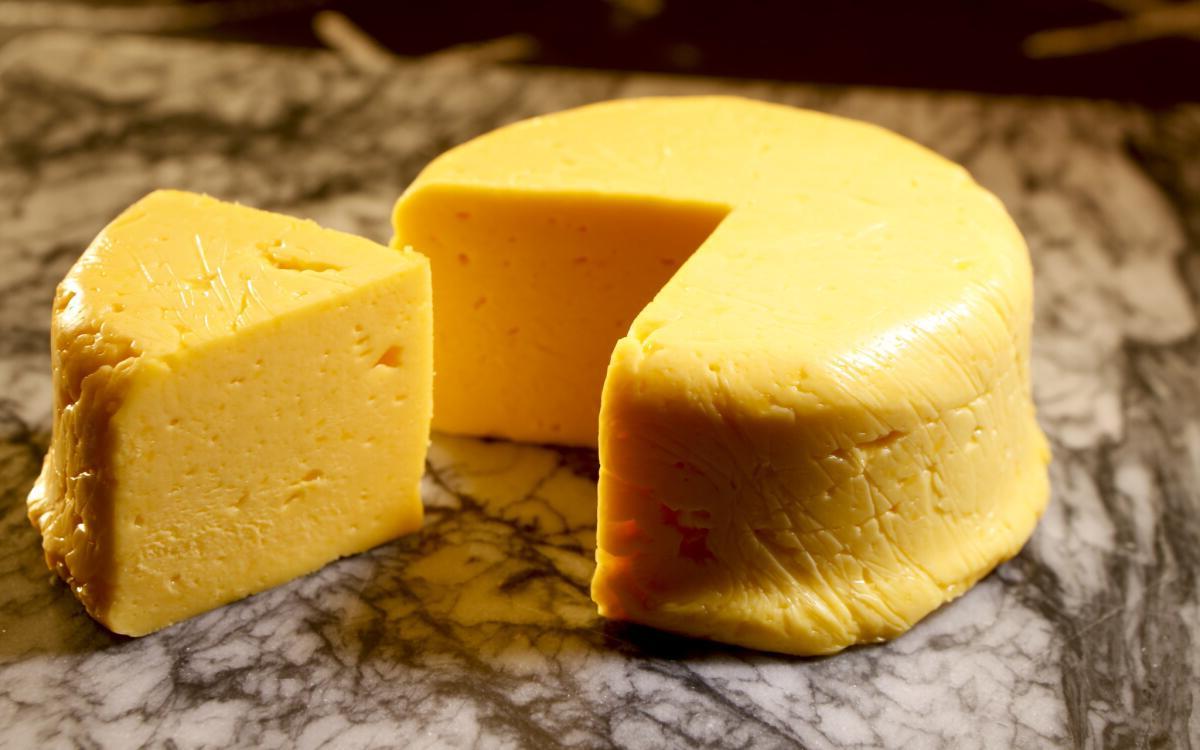
Cheese is more than just a tasty addition to your sandwich or pizza. It's a food with a rich history, diverse varieties, and fascinating facts. Did you know that there are over 1,800 types of cheese worldwide? From the creamy Brie of France to the sharp Cheddar of England, each type has its unique flavor and story. Cheese-making dates back over 7,000 years, making it one of the oldest foods still enjoyed today. Whether you're a cheese connoisseur or just curious, these 21 facts about cheese will surprise and delight you. Get ready to learn something new about this beloved dairy product!
The Origins of Cheese
Cheese has a rich history that spans centuries. Let's dive into some fascinating facts about its origins.
-
Cheese dates back over 7,000 years. Archaeological evidence suggests that early humans in Poland were making cheese as far back as 5500 BCE.
-
The first cheeses were likely accidental discoveries. Milk stored in animal stomachs, which contain rennet, would curdle and separate into curds and whey.
-
Ancient Egyptians loved cheese. Tomb murals from 2000 BCE depict cheese-making, showing its importance in their diet.
-
The Romans spread cheese-making techniques across Europe. As they expanded their empire, they introduced cheese to new regions, leading to diverse varieties.
Types of Cheese
Cheese comes in many forms, each with unique characteristics. Here are some interesting facts about different types of cheese.
-
There are over 1,800 types of cheese worldwide. Each country and region has its own special varieties, from creamy Brie to tangy Roquefort.
-
Blue cheese gets its color from mold. Penicillium cultures are added during production, creating the blue veins and distinct flavor.
-
Cheddar cheese originated in England. Named after the village of Cheddar, it dates back to the 12th century and is one of the most popular cheeses today.
-
Mozzarella was first made in Italy. Traditionally, it uses water buffalo milk, giving it a unique texture and taste.
Cheese Production
The process of making cheese is both an art and a science. Here are some intriguing facts about cheese production.
-
Cheese-making involves four main steps: curdling, draining, pressing, and aging. Each step affects the final texture and flavor.
-
Rennet is crucial for curdling milk. This enzyme, traditionally sourced from calf stomachs, helps separate milk into curds and whey.
-
Some cheeses age for years. Parmigiano-Reggiano, for example, can be aged up to 36 months, developing a rich, complex flavor.
-
Artisan cheese-makers often use raw milk. This unpasteurized milk retains more natural bacteria, contributing to unique flavors.
Nutritional Facts
Cheese is not just delicious; it also offers various nutritional benefits. Here are some facts about its nutritional value.
-
Cheese is a great source of calcium. This mineral is essential for strong bones and teeth, making cheese a healthy addition to your diet.
-
It contains high-quality protein. Cheese provides all the essential amino acids your body needs for muscle repair and growth.
-
Cheese can be high in fat. While it offers healthy fats, moderation is key to maintaining a balanced diet.
-
Some cheeses are lactose-free. Hard cheeses like Parmesan and aged Cheddar have minimal lactose, making them suitable for those with lactose intolerance.
Fun Cheese Facts
Cheese has some quirky and fun aspects that might surprise you. Here are a few to enjoy.
-
The world's largest cheese weighed over 57,000 pounds. Made in Wisconsin in 1964, it required 170,000 quarts of milk.
-
Cheese can be addictive. It contains casein, which releases opiates called casomorphins during digestion, creating a mild addictive effect.
-
The term "cheese" in photography originated from the 1940s. Saying "cheese" makes people smile, creating a pleasant expression for photos.
-
Some cheeses are illegal in certain countries. For example, France's raw-milk cheese, Roquefort, was banned in the U.S. until 2005 due to health regulations.
-
Cheese festivals are a thing. Events like the Cheese Rolling Festival in England and the Vermont Cheesemakers Festival celebrate this beloved food with gusto.
Cheese: A World of Wonder
Cheese isn't just a food; it's a journey through history, culture, and science. From the ancient origins in Mesopotamia to the diverse varieties enjoyed today, cheese has evolved into a global favorite. Whether you're savoring a sharp cheddar or a creamy brie, each bite tells a story of tradition and innovation. Cheese-making techniques have been refined over centuries, resulting in the rich flavors and textures we love. Plus, cheese offers nutritional benefits like protein and calcium, making it a tasty and healthy choice. So next time you enjoy a slice or a wedge, remember the fascinating journey it took to get to your plate. Cheese truly is a world of wonder, connecting us to different cultures and times. Enjoy exploring the endless possibilities this beloved dairy product has to offer!
Was this page helpful?
Our commitment to delivering trustworthy and engaging content is at the heart of what we do. Each fact on our site is contributed by real users like you, bringing a wealth of diverse insights and information. To ensure the highest standards of accuracy and reliability, our dedicated editors meticulously review each submission. This process guarantees that the facts we share are not only fascinating but also credible. Trust in our commitment to quality and authenticity as you explore and learn with us.


